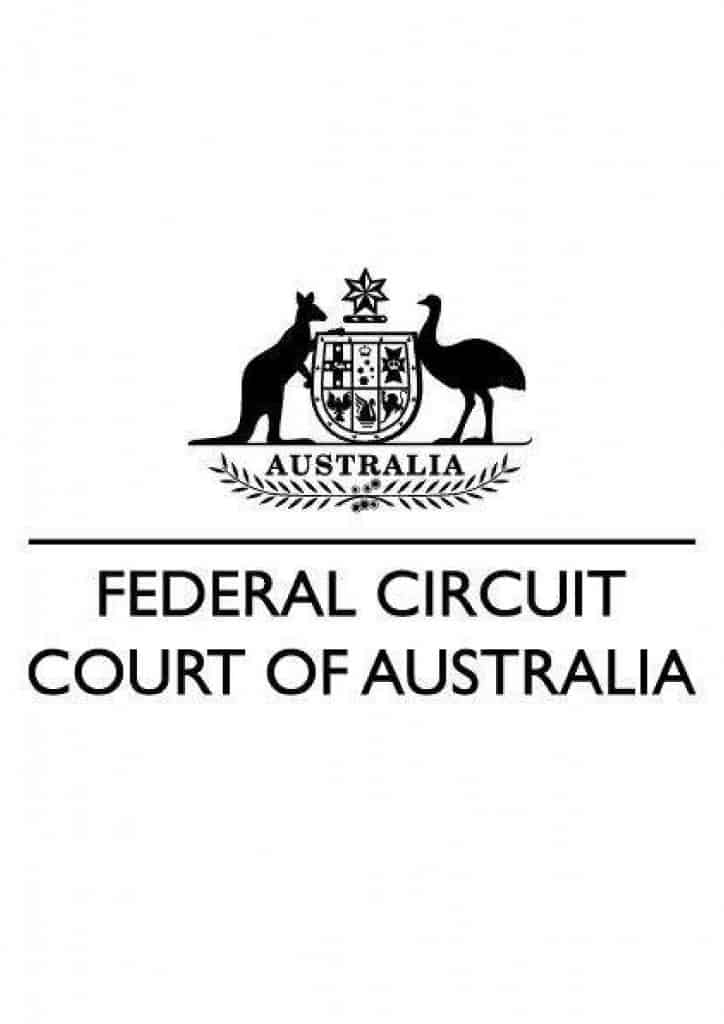
Visa cancelled visa refused – before the Department or AAT make an adverse decision, they have a duty to conduct a proper assessment and/or a duty to seek information and/or a duty to make obvious inquire about a critical fact that lead to your visa cancelled or visa refused.
In the case of Singh v Minister for Immigration & Anor [2020] FCCA 1323, the Department cancelled his PR because when he applied for his Skilled Regional Subclass 887 (click here to learn more) he answered “No” for the not ever been the subject of an arrest warrant or Interpole notice. He also answered “No” for not currently, or have ever been, known by any other names.
The Department claimed that Singh was also known as Malkit Singh and he was the subject of an arrest warrant. Singh’s lawyer requested the Department to provide the arrest warrant but was not given the alleged warrant because the Department was only orally notified by the District Police station in India. However,
The Department nevertheless cancelled his PR under s 101(b) which required that no incorrect answers be given, or provided, in a visa application form. Section 100 provided that an answer to a question was incorrect, even though the person who gave or provided the answers, or caused the answer to be given or provided, did not know that it was incorrect.
Singh applied to AAT for a merit reviews of the Department’s decision to cancel his PR. Singh provided 4 police certificates or FIR in the name of Malkit Singh stating that he has not been the subject of an arrest warrant. There was no arrest warrant on file, but Singh was declared a proclaimed offender (which is not an arrest warrant). AAT subsequently affirmed the Department’s decision to cancel Singh’s PR.
Singh appeal to the FCC on the grounds that:
- AAT failed to take any steps to obtain a copy of the alleged arrest warrant from India.
- AAT failed to conduct any inquiries with authorities in India to determine if an arrest warrant had been issued
- AAT failed to make further inquiries to determine if an arrest warrant had been issued.
Singh argued that:
- he has provided the AAT with 4 police clearance certificates indicating he was not the subject of an arrest warrant in India
- neither the Department or the AAT had not provided him with a copy of the arrest warrant
- the AAT did not take any steps to ascertain what was the nature of the alleged information provided to the Department that he was the subject of an arrest warrant in India
Singh argued that because of the above, the AAT failed to exercise its jurisdiction properly to conduct a review of the Department’s decision and acted unreasonably in the conduct of the review.
The Court found the AAT has not attempted to establish whether a warrant of arrest had or had not been issued. The AAT has speculated that an arrest warrant was issued.
The Court added that there is the need for clarification of critical facts, by the making of obvious inquiries, was of fundamental importance before any adverse finding was made against Singh (at [21]). The Department officers had had direct dealings with Indian police personnel, it would have been a relatively simple matter for a copy of any arrest warrant to be obtained, if it existed. There was nothing to suggest that a simple request for a copy of an arrest warrant would not be forthcoming or would be overly burdensome (at [22]) (Wei v MIBP (2015) 257 CLR 22).
The Court concluded at [25] that the failure of the AAT to make what was, in the circumstances, an obvious inquiry about such a critical fact – one which could have easily been ascertained – constituted jurisdictional error (MIAC v SZIAI (2009) 259 ALR 429 at [25]). The Tribunal could have made an appropriate inquiry in any number of ways (MIAC v SZKTI (2009) 238 CLR 489 at [45] – [47]).
The AAT had failed to properly conduct a review of the Department’s decision and had thereby acted unreasonable in the conduct of the review (at [27]).
In relation to the incorrect answer given in Singh’s PR application, the Court said that there was no evidence that Singh had been known by an alias, or he used or allowed his name to be spelt differently. The fact that someone had misspelt Singh’s name does not relevantly constitute an error on him in the filling out his answer in his visa application form. It was extremely illogical for the AAT to do so (SZUXN v MIBP (2016) 69 AAR 210 at [52] and [55]). A typing error on the part of a third party was an administrative error for which Singh had no responsibility (at [45]).
The AAT’s decision is said to be illogical or irrational as it was not open on the evidence of if there is no logical connection between the evidence and the conclusion drawn (MIAC v SZMDS (2010) 240 CLR 611 at [135]).
Australian migration law is complex and difficult to understand, contact our immigration lawyer for a consultation (fee applies) to help you understand the impact of visa cancelled visa refused and the duty to inquire.



